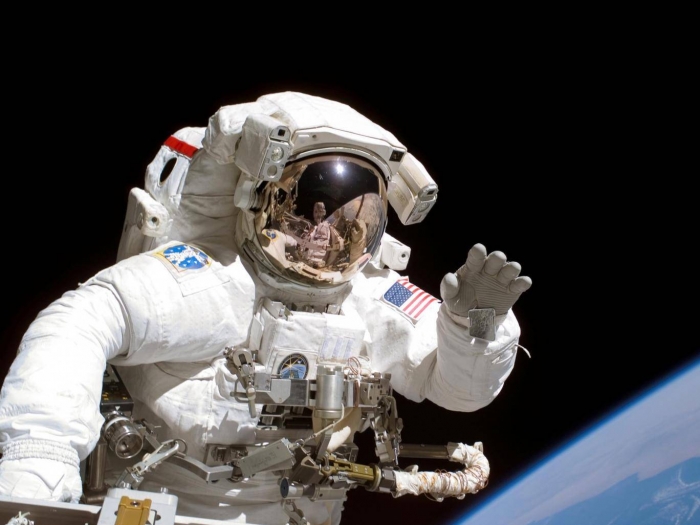Such a change develops gradually over around two-and-a-half months.
Since even small divergences in core body temperature can result in impaired physical and mental performance, this finding could have consequences for lengthy space travel, including missions to Mars.
“This space fever, as we may call it, has potential implications for long-term space flights in terms of astronauts’ health, wellbeing and support,” the researchers wrote in their study, published in the journal Scientific Reports.
This phenomenon has implications for any future spacefaring civilisations, they added, and humans’ evolutionary ability to adapt to climate change.
We have a core body temperature of around 37C, which is controlled within a narrow range by mechanisms like sweating and shivering.
Significant diversions from this temperature can be life-threatening.
To arrive at these findings the researchers studied 11 astronauts before, during and after their stays on the International Space Station.
They kept track of the astronauts’ body temperatures both during exercise and at rest.
Exercise is vital for keeping astronauts fit in space, but during these periods the scientists found the astronauts’ core body temperatures often exceeded 40C.
Severe deviations above 40C can have life-threatening consequences.
The scientists found that core body temperature rose both higher and faster during physical exercise in space than on the ground.
However, the most notable finding was the 1C increase in body temperature even at rest.
“Under weightless conditions, our bodies find it extremely difficult to eliminate excess heat,” said Hanns-Christian Gunga, a space medicine specialist at the Berlin-based university clinic Charité, which led the study.
“The transfer of heat between the body and its environment becomes significantly more challenging in these conditions.”
Essentially, low gravity makes sweat evaporate more slowly, and loss of the ability to properly sweat is the key driver in the development of persistent space fever.
Such deficiencies appear to be particularly prominent during exercise.
“This is in line with anecdotal evidence from cosmonauts complaining about thermal discomfort,” the researchers wrote.
They noted space flight also induced a pro-inflammatory response similar to that produced by the immune system in response to infection, which also affects core body temperature.
The study involved a new technology applied via forehead sensors, which combines a skin surface temperature sensor with a heat-flux sensor, and which is capable of measuring minor changes in blood temperature.
The scientists concluded their results could also have implications for humans who stay on Earth.
“Our results also raise questions about the evolution of our optimum core body temperature: how it has already adapted, and how it will continue to adapt to climate changes on Earth,” said Mr Gunga.
More about: #space
















































